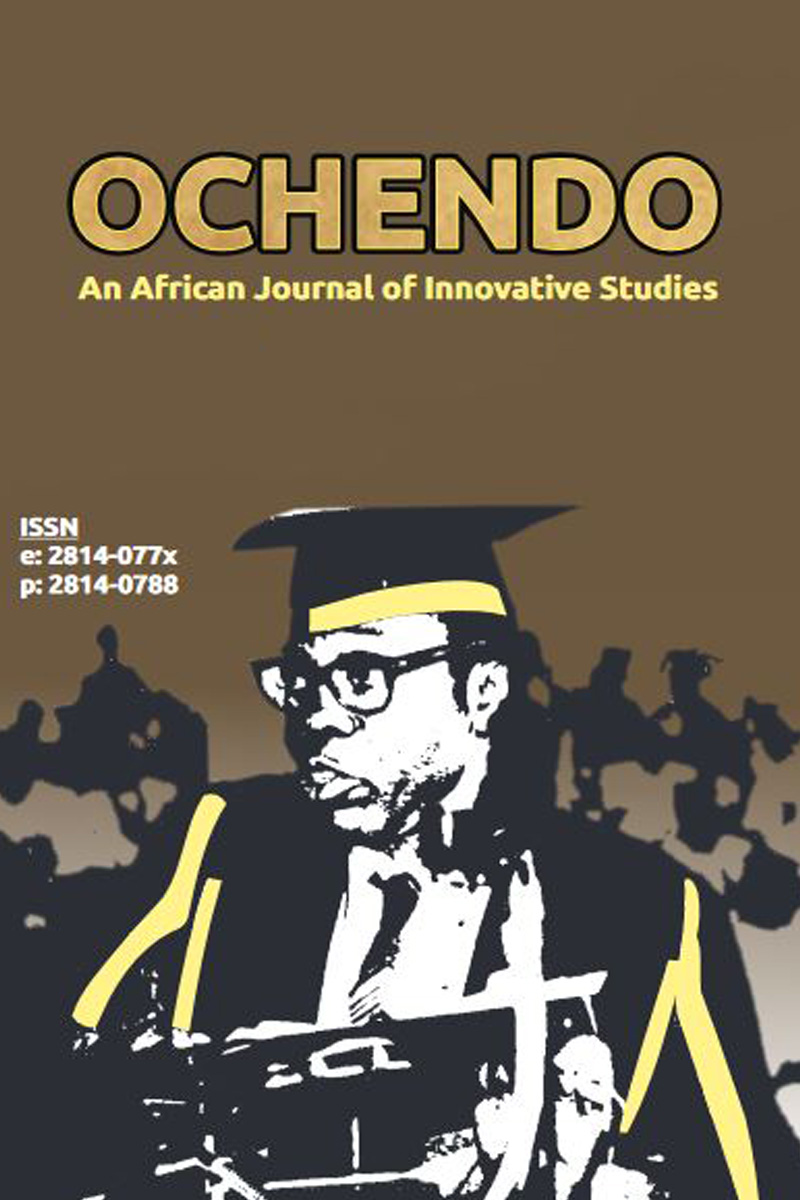 OCHENDO - An African Journal of Innovative Studies (OAAJIS) (Vol. 4 No. 4, 2023)
ISSIAH BERLIN’S CONCEPTION OF LIBERTY: A PHILOSOPHICAL ANALYSIS
OCHENDO - An African Journal of Innovative Studies (OAAJIS) (Vol. 4 No. 4, 2023)
ISSIAH BERLIN’S CONCEPTION OF LIBERTY: A PHILOSOPHICAL ANALYSIS
ABSTRACT
The right to liberty is fundamental to the existence of man and, in some ways, an intrinsic feature of his nature. The Universal Declaration of Human Rights was promulgated in order to concisely represent this inalienability. However in his 1958 lectures, which serve as the backbone of this work, Isaiah Berlin provided a thorough examination of this fundamental role of liberty by drawing a distinction between positive and negative liberty. The method used in the paper is expository method and critical analysis of Isaiah Berlin's ideas on liberty. The research findings show that a democratic government's rules and regulations define and protect a person's civil liberty. In light of this, prerogative orders enable anybody to seek remedy when his rights are violated. In this way, a media outlet also support and advises those whose rights are violated on how to take appropriate legal action and seek remedy. All of these actions preserve, safeguard, and guarantee the safety of fundamental human rights, which are the means by which liberty or freedom are ingested. The work argues that since a democratic society prioritizes the welfare of its citizens, human liberty should not be unfairly interpreted as working against the rule of law but rather as a complement to it. To separate human liberty from law and the constitution in this way would be incorrect, in accordance with Isaiah Berlin.

